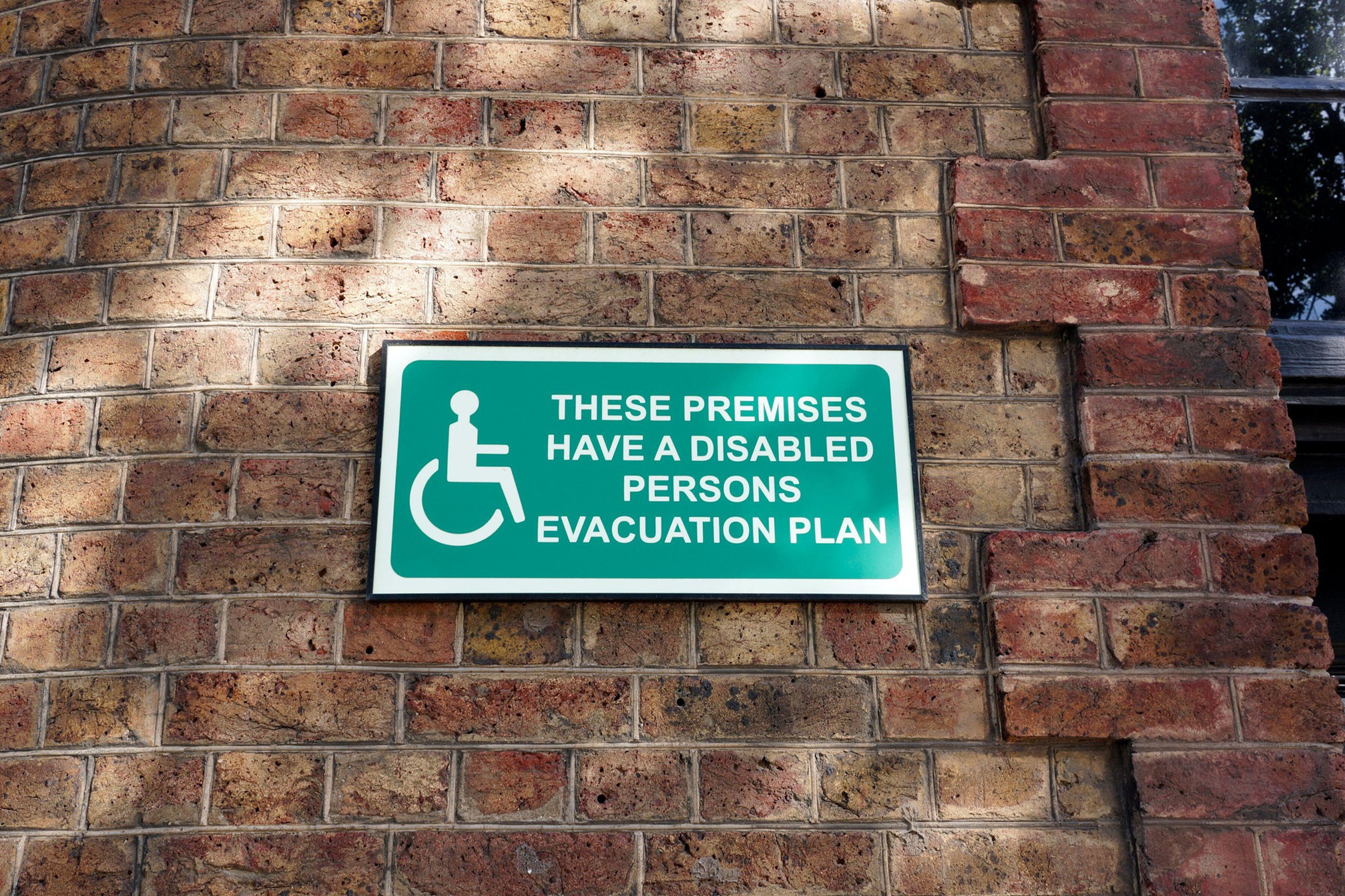
Personal Emergency Evacuation Plans : Government Rejects Grenfell Recommendation
The Labour government has rejected a recommendation from the Grenfell Tower Inquiry that would mandate personal emergency evacuation plans for elderly and disabled people in residential blocks.
Introduction to Grenfell and the Need for Personal Emergency Evacuation Plans
The Grenfell Tower fire of June 2017 was one of the most devastating tragedies in modern UK history, claiming 72 lives and highlighting severe deficiencies in fire safety regulations.
Among the critical issues exposed was the absence of effective personal emergency evacuation plans (PEEPs) for disabled and vulnerable residents.
The inquiry into the disaster called for mandatory PEEPs to ensure every resident, regardless of ability, could safely evacuate in emergencies.
However, the UK government has controversially rejected this recommendation, sparking widespread criticism and raising questions about fire safety reforms.
Personal Emergency Evacuation Plans: Government’s Response to the Recommendation
The Background of the Grenfell Inquiry
The Grenfell Tower Inquiry aimed to uncover the causes of the fire and recommend measures to prevent similar tragedies. A key outcome was the proposal for personal emergency evacuation plans for individuals unable to self-evacuate, particularly disabled and older residents.
The inquiry stressed that clear, actionable plans tailored to individual needs could significantly reduce casualties during emergencies.
This recommendation was grounded in the recognition of systemic failures. These included poor building safety practices and a lack of clear guidance for assisting vulnerable residents.
Implementing PEEPs was seen as a crucial step toward addressing these failings and restoring trust in fire safety regulations.
Reasons for the Rejection of Personal Emergency Evacuation Plans
The government has justified its decision to reject mandatory personal emergency evacuation plans by citing practical and logistical challenges.
Officials argue that requiring building owners to develop and implement PEEPs for every vulnerable resident would be resource-intensive. It could also create “unrealistic expectations” for fire services.
Critics, however, see this as a missed opportunity to enhance safety. Advocacy groups have accused the government of prioritizing cost over lives, suggesting that the rejection undermines the commitment to addressing inequalities exposed by Grenfell.
Impact on Disabled Residents and Fire Safety Regulations
The rejection of PEPs has particularly alarmed disabled residents and their advocates. Many argue that the decision leaves vulnerable individuals at greater risk in future emergencies.
Without mandatory plans, the responsibility for ensuring safety often falls disproportionately on disabled residents themselves, who may face barriers to accessing appropriate support. These concerns were reflected in an open letter from the Mayor of London, Sadiq Khan, more than three years ago.
Furthermore, the decision has broader implications for fire safety regulations. It raises concerns about the government’s willingness to adopt systemic reforms and address gaps in existing policies.
Critics warn that this inaction perpetuates a cycle of neglect, leaving communities vulnerable to preventable tragedies.
The ongoing debate over personal emergency evacuation plans underscores the need for robust, inclusive fire safety measures.
As the public debate continues, the government’s decision could face further scrutiny, with advocates continuing to push for change to ensure lessons are learnt from the Grenfell tragedy.
Fire & Building Safety Services
To commission a Fire Risk Appraisal of External Walls survey (FRAEW) or Fire Risk Assessment (FRA) please call 020 4534 3130.
For further information on FRAEW Surveys, PAS9980, EWS1 forms or advice in respect of your obligations as a building owner, developer or manager, please contact :
Link: Contact Us
Team members shown:
- Tony Leishman
- Sean Robinson
- Pete Scholefield

